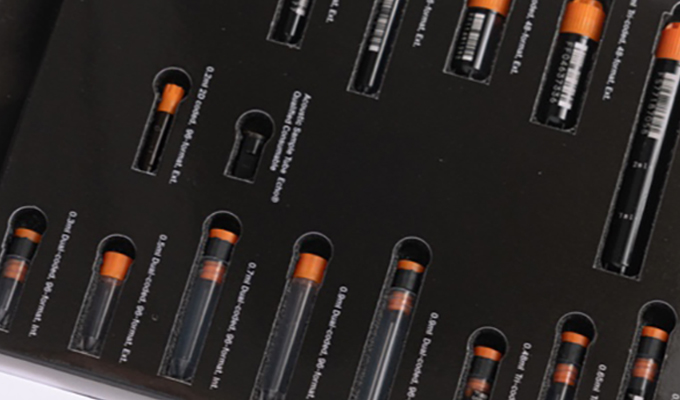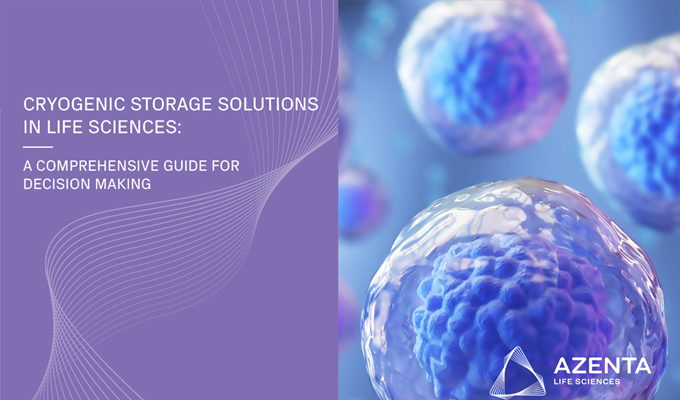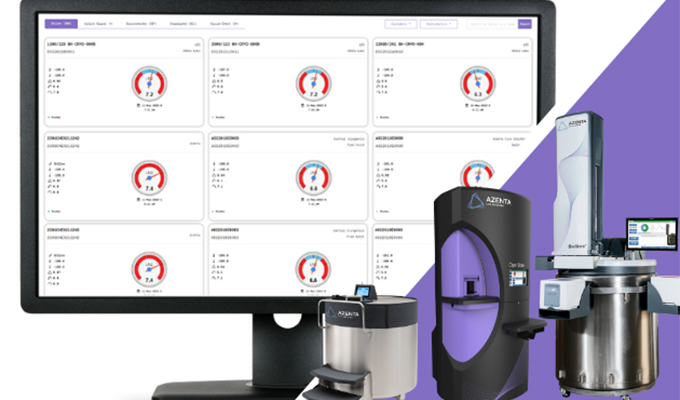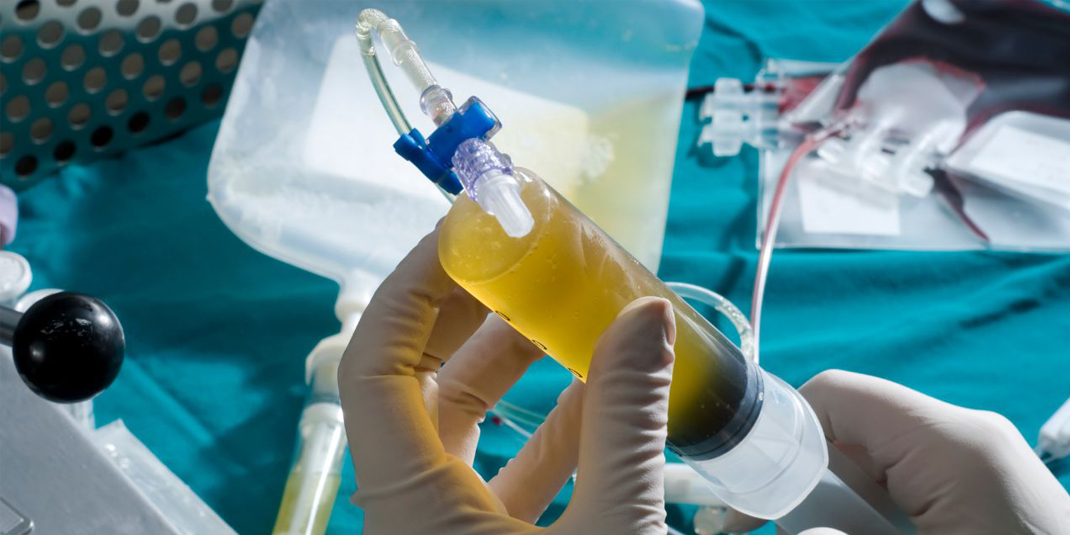Part 17 of our Bridging the Gap Series (Summary of the webinar session held in April 2025)
Across the globe, access to life-saving cell and gene therapies like chimeric antigen receptor (CAR) T-cell therapy remains largely limited to wealthier nations and well-resourced health systems. While the clinical outcomes of these therapies can be extraordinary—offering cures for certain blood cancers—their high cost and complexity of production present a barrier that many countries cannot overcome. But a new wave of international collaboration is beginning to rewrite that story.
In the April 2025 edition of the Bridging the Gap webinar series, titled From Philly to Rio: International Collaboration on CAR T-Cell Manufacturing & Delivery, two pioneers—Dr. Stephan Kadauke and Dr. Martin Bonamino—shared how teams in the United States and Brazil are co-developing an innovative, cost-effective approach to CAR T-cell manufacturing and delivery. Moderated by Dr. Patrick Hanley from Children’s National Hospital, this session spotlighted how localized production, shared knowledge, and trust between institutions can build bridges to equitable care.
The Vision: “GMP-in-a-Box” and Local Empowerment
Dr. Stephan Kadauke, Associate Director of the Cell-Based Therapy Laboratory at Children’s Hospital of Philadelphia (CHOP) and Associate Professor at the University of Pennsylvania, opened the conversation with a bold thesis: advanced therapies don’t have to cost $500,000 per dose. By leveraging automated manufacturing technology referred to as “GMP-in-a-box”—CHOP has been able to reduce the marginal cost of producing a CAR T-cell therapy to a small fraction of the commercial price.
“We’re not talking about a scaled-down or experimental product,” Dr. Kadauke emphasized. “These are clinical-grade CAR T-cells manufactured in a GMP lab under FDA oversight, and the early clinical data we’re seeing is comparable to commercial alternatives.”
But cost savings alone aren’t enough. Reliable manufacturing requires rigorous quality control testing, technical know-how, and clinical infrastructure. That’s where collaboration becomes essential.
Building a Sustainable Model in Brazil
Dr. Martin Bonamino, Head of the Cell and Gene Therapy Program at the Brazilian National Cancer Institute (INCA), described how Brazil is tackling these barriers head-on. With support from the Brazilian Ministry of Health, Dr. Bonamino and his team are establishing a localized CAR T-cell manufacturing program modeled directly on CHOP’s protocols. The initiative, dubbed “CARI-OCA,” is a play on both the word “CAR” and the term for residents of Rio de Janeiro.
“We’re starting with a facility in Rio,” explained Dr. Bonamino, “but the vision is national. Brazil already has a network of cord blood centers, and many of those could be adapted to produce CAR T-cells using this closed-system technology.”
He also emphasized Brazil’s leadership in regulatory readiness, noting that the country has become a regional reference point for developing frameworks around advanced therapies. Still, challenges persist—from unpredictable supply chains to the need for local validation of quality control tests.
“We’ve benefited greatly from CHOP’s experience,” Dr. Bonamino said. “But the road is still complex. What took them two years to develop, we’re trying to replicate in much less time. And that includes negotiating with regulators, validating assays, and building clinical confidence.”
Why This Model Matters
What makes this collaboration different isn’t just that it works — it’s that it can be replicated. During an intensive three-day workshop in September 2024, teams from CHOP traveled to INCA to conduct a full-scale CAR T-cell manufacturing run on-site, training the Brazilian team, meeting with clinical stakeholders, and creating a structured blueprint for program implementation.
Dr. Kadauke shared, “Our hope is that this becomes a reproducible, turnkey approach to CAR T manufacturing—something that other centers in other countries can adapt and implement without starting from zero.”
The effort also introduces the possibility of centralizing key analytical testing through agencies like Brazil’s National Institute of Metrology, Standardization and Industrial Quality (INMETRO), reducing the burden on individual hospitals. As Dr. Hanley noted, “This is one of the biggest barriers for point-of-care manufacturing, even in the U.S. The fact that Brazil is considering nationalized solutions could be a game-changer.”
Key Takeaways from the Session
- Automated CAR T-cell manufacturing can significantly reduce production costs without compromising clinical quality.
- Local production models, like the CARI-OCA initiative in Brazil, can address logistical and economic barriers to access.
- Regulatory readiness is essential: Brazil’s proactive framework offers a roadmap for other low- and middle-income countries.
- Training and knowledge transfer through close institutional collaboration can shorten implementation timelines.
- Centralized quality control testing could help decentralize manufacturing without sacrificing safety or consistency.
Personal Stakes and Global Hope
Tom Whitehead, co-founder of the Emily Whitehead Foundation, reflected on the importance of bringing down the cost and making these therapies accessible to more people around the world. Tom’s daughter Emily, who was the first pediatric patient to receive CAR T-cell therapy, is now 13 years cancer-free and thriving in college. But as Tom pointed out, many families around the world are still holding fundraisers or traveling thousands of miles in search of care.
“We know the price has to come down,” he said. “That’s why partnerships like this one are so important. In the future, more patients will be able to access these treatments safely and closer to home.”
Dr. Kadauke shared a poignant reflection from the Believe Ball, a gala hosted by the Emily Whitehead Foundation: “Seeing all the kids who received CAR T therapy stand on stage—it sent shivers down my spine. It reminded me why this work matters. We’re not just talking about products. We’re talking about lives.”
Toward a Hopeful Future
As this partnership between CHOP and INCA unfolds, it marks a hopeful step toward a future where advanced therapies are no longer the privilege of a few, but a standard of care accessible to many—regardless of geography.
Stay tuned for more groundbreaking conversations in next month’s Bridging the Gap webinar.
Explore more in the Bridging the Gap Series
About the Guests
Stephan Kadauke, M.D., Ph.D.
Associate Director, Cell-Based Therapy Laboratory (CBTL), Children’s Hospital of Philadelphia
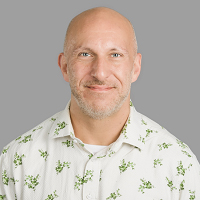
Dr. Stephan Kadauke is an Associate Professor of Clinical Pathology and Laboratory Medicine at the University of Pennsylvania and Associate Director of the Cell-Based Therapy Laboratory (CBTL) at CHOP. A passionate advocate for global health equity, Dr. Kadauke leads initiatives to make CAR T and other advanced therapies more accessible worldwide. He has partnered with institutions like INCA in Brazil to establish local CAR T programs and helped pioneer pediatric cell therapy efforts in Qatar—bringing transformative treatments to patients who need them most.
Martin Bonamino, Ph.D.
Head of Cell and Gene Therapy Program, Brazilian National Cancer Institute
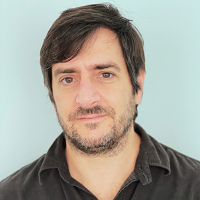
Dr. Martin Bonamino leads the Cell and Gene Therapy Program at Brazil’s National Cancer Institute and coordinates the Cancer Network at the Oswaldo Cruz Foundation. A key voice in advancing cancer research and cell and gene therapies, he also serves on global committees for ASGCT and ISCGT and contributes to Brazil’s RENETA network to shape policy and practice in advanced therapies.


